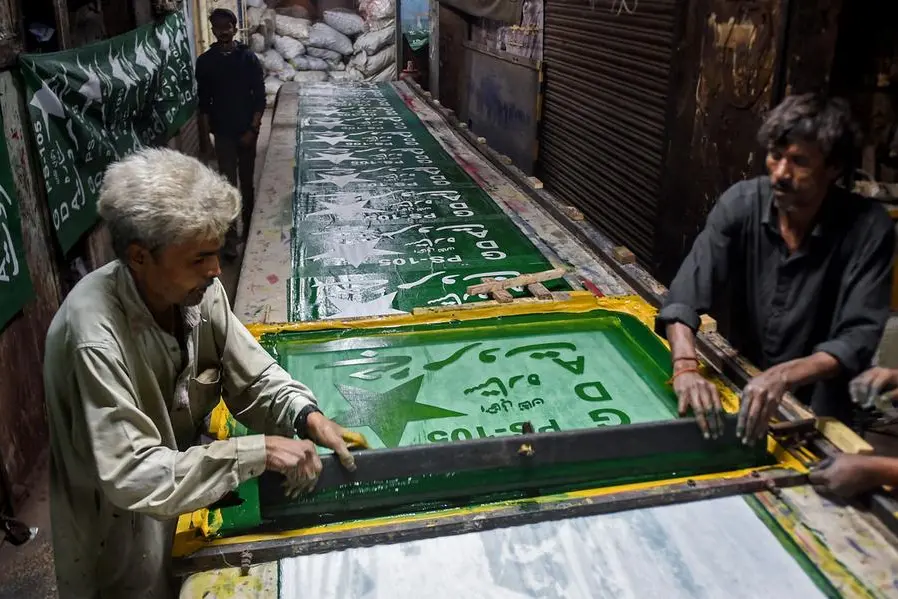PHOTO
A second judge's resignation from Pakistan's Supreme Court was accepted Friday, amid concerns of a growing rift in the judiciary ahead of general elections next month.
The country goes to the polls on February 8, but campaigning has barely started -- with parties and politicians mired in countless court cases challenging everything from their eligibility to run to the election symbols they can use.
Rights groups have warned that the elections lack credibility, with the powerful military accused of trying to influence the vote.
The two judges -- Ijaz Ul Ahsan and Muhammad Mazahar Ali Akbar Naqvi -- have repeatedly made rulings considered unfavourable to political heavyweight Nawaz Sharif, considered the election frontrunner because he is backed by the generals, analysts say.
Neither judge gave a reason for quitting the bench.
"It is a very bad omen for Pakistan's judiciary. They are very able judges, but they were compelled to bow out because of politics," said Anwar Mansoor Khan, a former attorney general and high court judge.
"A purge of judges is taking place at the Supreme Court," said lawyer Faisal Sidiqqi.
"The ultimate objective is to silence dissenting judicial voices. Have no doubt, no judge is safe now."
Ahsan's resignation was accepted by the country's President Arif Alvi on Friday, a day after Naqvi's.
Naqvi was facing allegations of misconduct, and earlier this week the Supreme Judicial Council rejected his appeal for an investigation into his affairs to be dropped.
Ahsan, who was next in line to be Chief Justice, has ruled on several decisions deemed unfavourable to three-time premier Sharif over the years -- including a lifetime ban on politics that was overturned Monday.
Sharif is considered the frontrunner in the election after getting the backing of the generals, who have fallen out with former leader Imran Khan.
Opposition leader Khan -- polling as Pakistan's most popular politician -- is barred from contesting polls over a graft conviction and jailed over allegations of leaking state secrets.
Khan says the cases, and dozens of others plaguing him, have been concocted by the powerful military establishment to prevent his return to power.
His party is locked in a back-and-forth court battle over whether they can continue to use the election symbol of a cricket bat -- considered crucial in a country where the adult literacy rate is just 58 percent, according to World Bank data.
The election -- already delayed from November -- comes as the nuclear-armed nation of 240 million has been gripped by two years of overlapping political, economic and security crises.
Militancy is on the rise with the Taliban's return to power in neighbouring Afghanistan, the rupee has crashed in value and a cost-of-living crisis is punishing households.
Sharif -- head of one of the dynastic parties that have historically ruled Pakistan -- returned from self-imposed exile earlier this year and has seen his myriad convictions dissolve in the courts.
Analysts say it's a sign the three-time former prime minister is now the favoured candidate of the military brass.





















